The EU exported 32.7 million tonnes of waste in 2020 to non-EU countries. Stock image.
The Parliament’s report on the EU’s waste shipment regulation was adopted by a large majority on Tuesday (17 January), with 594 votes in favour, 5 against and 43 abstentions.
The law is now ready to enter the final stages of adoption, with talks to be scheduled later this year between the European Parliament and EU member states to finalise the text.
The amount of waste exchanged around the world is constantly growing, with 182 million tonnes traded in 2018, according to OECD data. The EU plays a central role in this, with 32.7 million tonnes of waste exported in 2020 to non-EU countries for a value of €13bn, an increase of 75% since 2004, according to Eurostat.
“We must turn waste into resources in the common market, and thereby take better care of our environment and competitiveness,” stated Danish MEP Pernille Weiss, who is the Parliament’s rapporteur on the file. “The new rules will also make it easier for us to combat waste crime inside and outside the EU,” the Danish MEP said.
Most of the waste shipped out of Europe in 2020 consisted of ferrous and non-ferrous metal scrap, paper, plastic, textile, and glass, according to Eurostat.
Waste shipments can result in severe environmental and health impacts in the countries of destination, and deprives the EU’s recycling industry of resources that can reduce dependence on primary raw materials.
Ban on all waste destined for disposal
To tackle this, the European Parliament voted to support a ban on shipments of all waste destined for disposal within the EU, except if authorised in limited and well-justified cases.
The report by Pernille Weiss, who is from the centre-right European People’s Party (EPP), found broad support among other political groups.
“Our waste and rubbish is our responsibility,” argued Anna Zalewska, a Polish member of the Conservatives and Reformists group. “We should be ashamed of exporting our waste to simply get rid of it. We need transparency, responsibility and sanctions if the rules are violated,” she said during the plenary debate.
The Parliament in its proposal also pushed for the creation of an EU risk-based targeting mechanism to guide EU countries that carry out inspections to prevent and detect illegal shipments of waste.
Plastics are also addressed in the proposed regulation, with a ban on the export of plastic waste to non-OECD countries, while exports to OECD nations should be phased out within four years.
(1/3) Breaking! My proposal for a European export ban for plastic waste has passed! 👏🎉
For decades we have been dumping millions of tons of plastic waste outside the EU.
🤢 Those countries are drowning in our plastic waste.
With this ban, we are putting an end to that! pic.twitter.com/83wsD4urid
— Sara Matthieu 🇪🇺 (@msaraswati) January 17, 2023
The plastic waste ban was even strengthened from the original proposal tabled by the European Commission, which said this will need to be assessed carefully to make sure “that it is in full compliance with our international commitments”.
Speaking in the plenary debate, EU Environment Commissioner Virginijus Sinkevičius promised to crack down on waste trafficking and assured that the Commission will support investigations by member states with the support of the EU’s Anti-Fraud Office, OLAF.
Hazardous waste generation grows in the EU
The amount of hazardous waste generated in the European Union has continued to increase since 2004 in spite of EU actions to reduce its generation, according to a review published on Monday (16 January) by the European Court of Auditors.
The review sheds light on the main challenges in dealing with hazardous waste, including improvements in classification, ensuring traceability, increasing recycling, and combating illegal trafficking.
“Waste owners do not always classify waste as hazardous in a consistent manner. Hazardous waste is classified differently in different member states,” a senior EU auditor explained on Monday during a presentation of the review to journalists. “The proper classification of waste could help to avoid improper waste treatment, and also illegal shortcuts,” the auditor added.
The best way to address the issue is to prevent hazardous waste from being produced in the first place, the review argues. But despite EU initiatives, the amount of hazardous waste generated in the EU has continuously increased since 2004, according to the Court of Auditors.
Hazardous waste needs to be treated in dedicated facilities. However, the auditors found that only 79% of the dangerous waste is treated as such, leaving a gap of 21%.
“This gap varies from around 1% for some member states such as Bulgaria and Greece to more than 50% for others such as countries like Czechia, Slovakia, Austria and Lithuania. And part of this gap is due to hazardous waste being illegally disposed of, but it can also be explained to some extent by the way in which data are reported,” the senior EU auditor said.
Valentina Romano, EurActiv.com
This article first appeared on EurActiv.com, an edie content partner
© Faversham House Ltd 2023 edie news articles may be copied or forwarded for individual use only. No other reproduction or distribution is permitted without prior written consent.







Please login or Register to leave a comment.